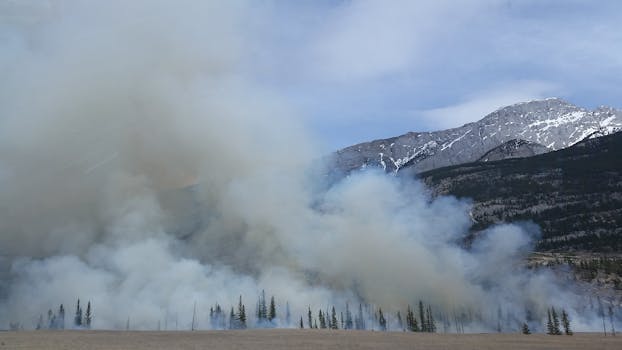We had a great turn-out for the Climate Extremes in BC talk on Thursday November 16, 2018. Thanks to the speakers, who gave sobering and interesting talks, which sparked lively discussion! Our next session will be the Annual Legal Update on January 28, 2018.
Extreme climate variations in BC are continuing to have significant impacts on our communities. Public and private organizations are investing millions of dollars into research and planning to ensure we are prepared for the future implications of climate change. Professionals such as our speakers serve as a critical resource, providing these organizations with the tools they need to adapt to, and overcome the challenges ahead.
We were very fortunate to host the following three speakers:
1. Lillian Zaremba, P. Eng, M.A.Sc., Senior Project Engineer, Utility Research and Innovation, Metro Vancouver
Topic: “Climate Projections for Metro Vancouver? Regional Impacts and Adaptations”
Lillian Zaremba is a professional engineer with fifteen years of experience in the fields of climate, energy and water. Currently Lillian investigates opportunities to recover energy from Metro Vancouver’s water and wastewater systems, and manages research including projected impacts of climate change in the region. Previously, she has worked in energy management, carbon offsetting, run-of-river hydropower, coastal engineering and oceanography. Lillian received her B.Sc.(Eng) in Environmental Engineering from the University of Guelph and her M.A.Sc. in Civil Engineering from UBC.
Metro Vancouver recently engaged Pacific Climate Impacts Consortium (PCIC) to update regional projections of temperature and precipitation. Understanding the future climate is necessary to support our ability to adapt to the changes ahead. The presentation will cover: key indicators that describe the future climate in the 2050s and 2080s; the potential impact of these changes on services, infrastructure, and natural systems; and ways that Metro Vancouver is preparing for the future climate through various adaptation activities.
2. Steve Litke, Senior Manager, Watersheds and Water Resources Program, Fraser Basin Council
Topic: “Implications of Rising Sea Levels and our Lower Mainland Flood Management Strategy”
Steve Litke has worked with the Fraser Basin Council since 1998. He is the Senior Manager responsible for the Council’s Watersheds and Water Resources Program, which includes Flood Hazard Management. Steve and the Council are currently facilitating a collaborative initiative to develop a Lower Mainland Flood Management Strategy to reduce flood vulnerability and improve resilience in relation to river and coastal flood hazards.
3. Bob Gray, Fire Ecologist, R.W. Gray Consulting Ltd.
Topic: “True Cost of Wildfires and Why Building Wildfire Resilience is Our Best Option”
Robert W. Gray is a fire ecologist and the president of R.W. Gray Consulting Ltd. Robert has over 30 years experience in the research and application of many facets of fire science, including fire regime reconstruction, fire behavior and effects analysis, national and international fire management policy, and hazardous fuel management. Most recently Robert has focused efforts on gaining a better understanding of fire behavior in mountain pine beetle impacted stands, the impact of past fires on future fire spread and severity, and fuel treatment effectiveness. R.W. Gray Consulting Ltd. clients include: US Forest Service, US Bureau of Land Management, The World Bank, State of Washington, Parks Canada, ?aq’am First Nation, B.C. Ministry of Forests, Lands and Natural Resource Operations, B.C. Ministry of Environment, University of Washington, University of Idaho and University of British Columbia, and many others.
